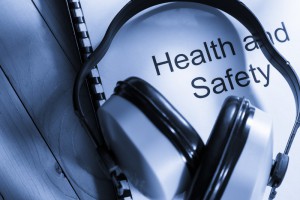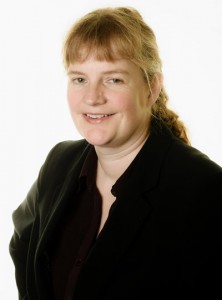Last updated on June 25th, 2015 at 10:23 am
20% of population will have hearing loss in 10 years
The report suggests that 10 million adults and 45,000 children in the UK are affected by hearing loss and that the number is likely to increase in the next 10 years as the population becomes older and exposure to workplace and social (music players etc.) noise increases. It is estimated that around 20% of the UK population will then suffer from hearing loss: that is 14.5 million people.
Improvements in support suggested
The report suggests a number of areas that can be improved to help people who have impaired hearing or are deaf. Briefly, these include:
- Prevention – better immunization and screening for example, and better use of data.
- Earlier diagnosis.
- Integrating services more effectively.
- Increasing independence.
- Improving employment opportunities for young people and adults.
- Reducing development and attainment gaps between deaf and hearing children.
What the report does not really address is the issue of deafness and impaired hearing that results from exposure to noise in the workplace.
Noise induced hearing loss – occupational deafness
 The Health and Safety Executive (HSE) estimates that 18,000 people in Great Britain suffer from noise induced hearing loss that was caused or made worse at work (based on labour force surveys). Noise induced hearing loss is described as “irreversible damage to the ears caused by exposure to high levels of noise”. Whilst the number of cases reported to HSE is decreasing there were still 120 new claims reported to HSE in 2013 (latest statistics). (HSE collated its statistics from the Industrial Injuries Disablement Benefit scheme (IIDB).)
The Health and Safety Executive (HSE) estimates that 18,000 people in Great Britain suffer from noise induced hearing loss that was caused or made worse at work (based on labour force surveys). Noise induced hearing loss is described as “irreversible damage to the ears caused by exposure to high levels of noise”. Whilst the number of cases reported to HSE is decreasing there were still 120 new claims reported to HSE in 2013 (latest statistics). (HSE collated its statistics from the Industrial Injuries Disablement Benefit scheme (IIDB).)
Noisy working environments
Noise induced hearing loss, also known as industrial deafness or occupational deafness and/or tinnitus, can result when a person has worked in a noisy environment and their hearing has not been properly protected. There are many types of occupation in which people can be affected, in particular heavy industry such as:
- metal work
- stone cutting
- drilling
- quarrying
- engineering
- construction
- foundry work
- mining
Those working in industries where noisy machinery is used can also be affected, such as:
- textiles
- printing
- wood cutting
- transportation
- agriculture
The armed forces can also be affected.
Acoustic shock syndrome
The most recent industry to be affected by occupational deafness is the call centre industry, where workers can be subject to acoustic trauma (also known as acoustic shock syndrome). Despite 1990 regulations requiring major headset manufacturers to place noise limiters on the headsets, some still don’t and the trauma can be caused if a person shouts loudly at the operator or the headset malfunctions.
Workers in the music industry can also be affected by acoustic trauma.
Employer obligations to reduce noise
Regulations (Noise at Work Regulations 1989, The Control of Noise at Work Regulations 2005 and Management of Health and Safety At Work Regulations 1992 and 1999) were put in place to protect the health and safety of workers’ hearing, and work places are by far quieter now than they used to be, but people who were once employed in a noisy industry still suffer.
Help in claiming compensation for occupational deafness
Our personal injury specialists have helped many people to claim the compensation they deserve where their hearing has been impaired as a result of their work. You can read some case studies here:
Occupational deafness Mrs C – Bassetts
Occupational deafness Mr B steel industry
 If you, or someone you know, suffer from deafness or have impaired hearing and you work, or have previously worked, in noisy environment, you may be able to claim compensation, if it can be shown that your employer(s)/former employer(s) were negligent in their duty to protect you from the noise. Strict time limits apply to these claims though, so do get in touch with us as soon as you are aware of the hearing problems. You can contact our occupational deafness experts on 0114 358 9009 or by email at occdisease@graysons.co.uk
If you, or someone you know, suffer from deafness or have impaired hearing and you work, or have previously worked, in noisy environment, you may be able to claim compensation, if it can be shown that your employer(s)/former employer(s) were negligent in their duty to protect you from the noise. Strict time limits apply to these claims though, so do get in touch with us as soon as you are aware of the hearing problems. You can contact our occupational deafness experts on 0114 358 9009 or by email at occdisease@graysons.co.uk
You can read ‘Action Plan for Hearing Loss’ here.
You can read HSE Health & Safety Statistics 2013/2014 here.
